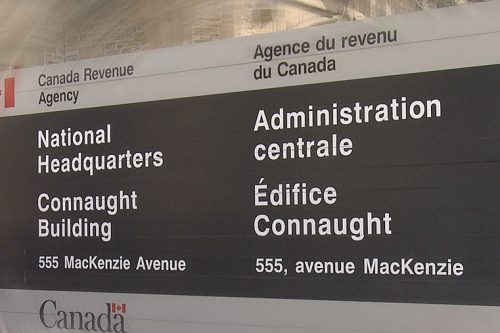Unreported Real Estate Dispositions: Multiple Issues
A September 12, 2022 Tax Court of Canada case reviewed the gain on a residential property purchased in 2007 and disposed of in 2011. The property was substantially rebuilt during the ownership period. The proceeds, cost and gain were all determined by CRA as the sale was unreported. These amounts were largely unchallenged by the taxpayer and accepted by the Court. The Court noted that the taxpayer’s tumultuous relations with her ex-husband, whom she divorced…










